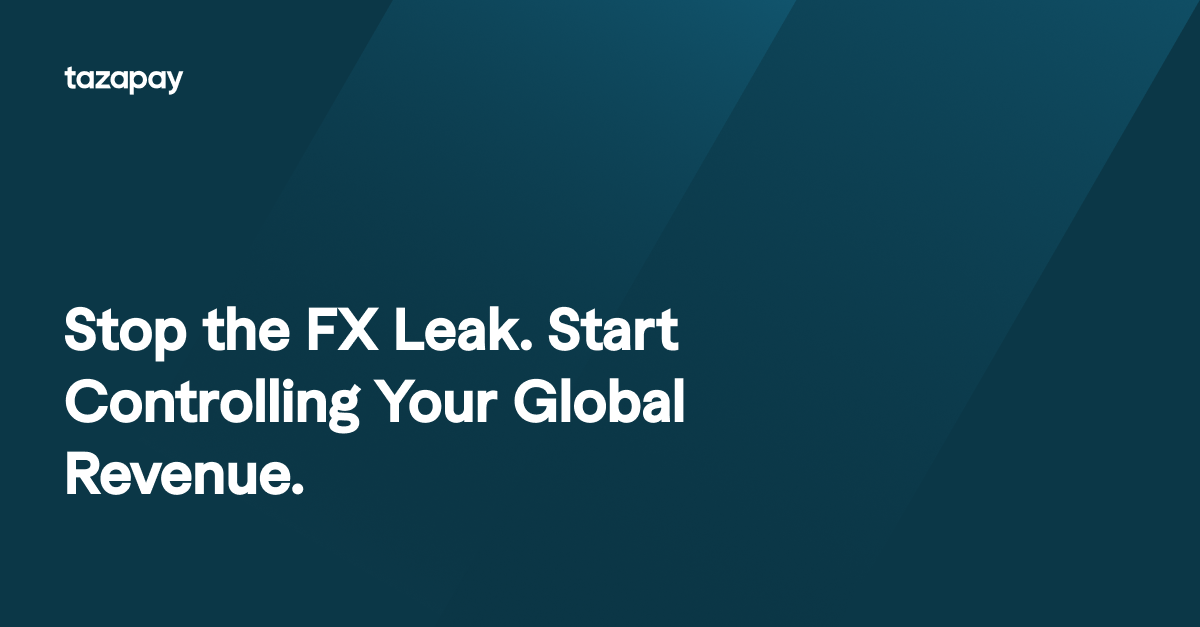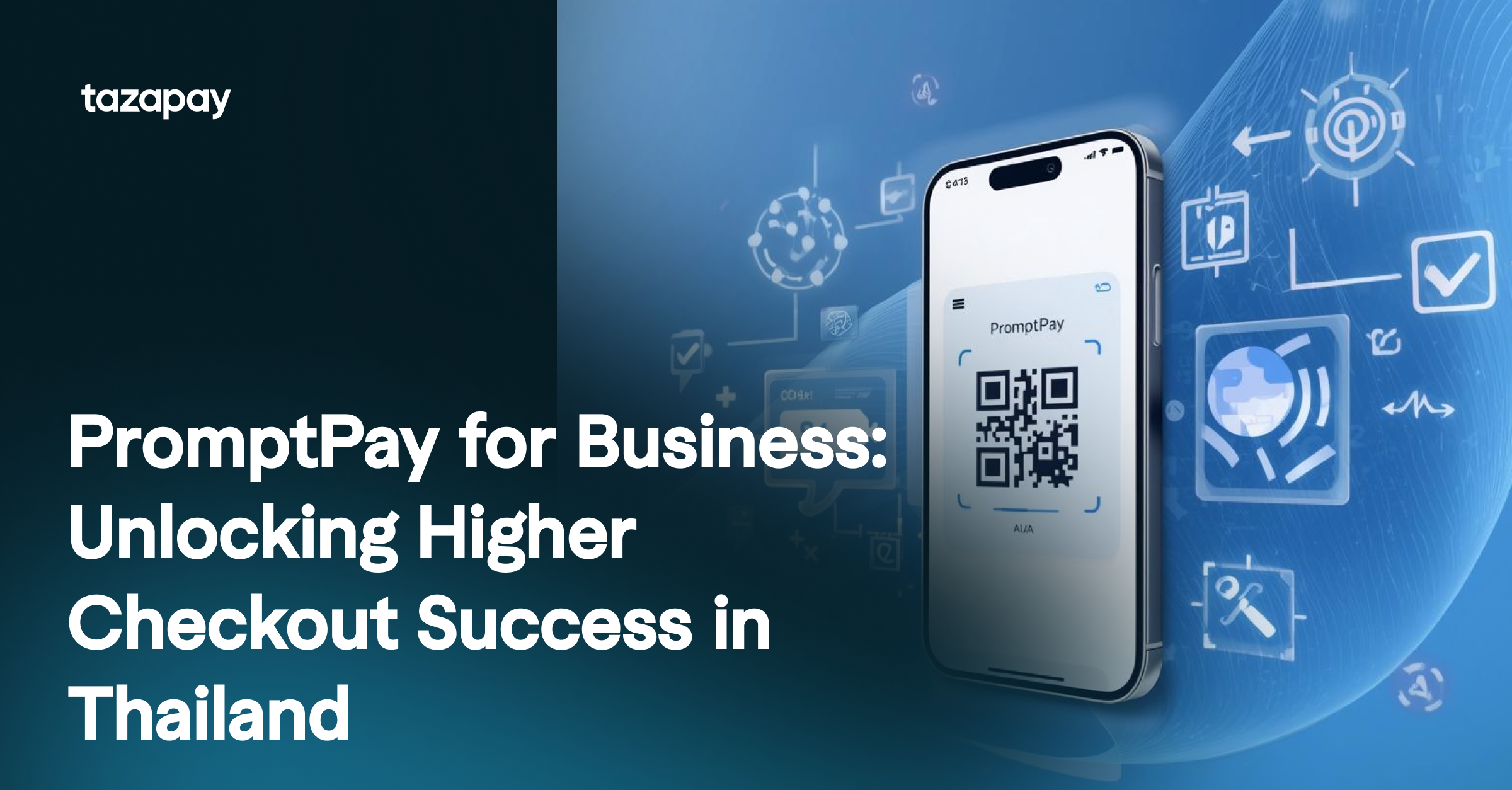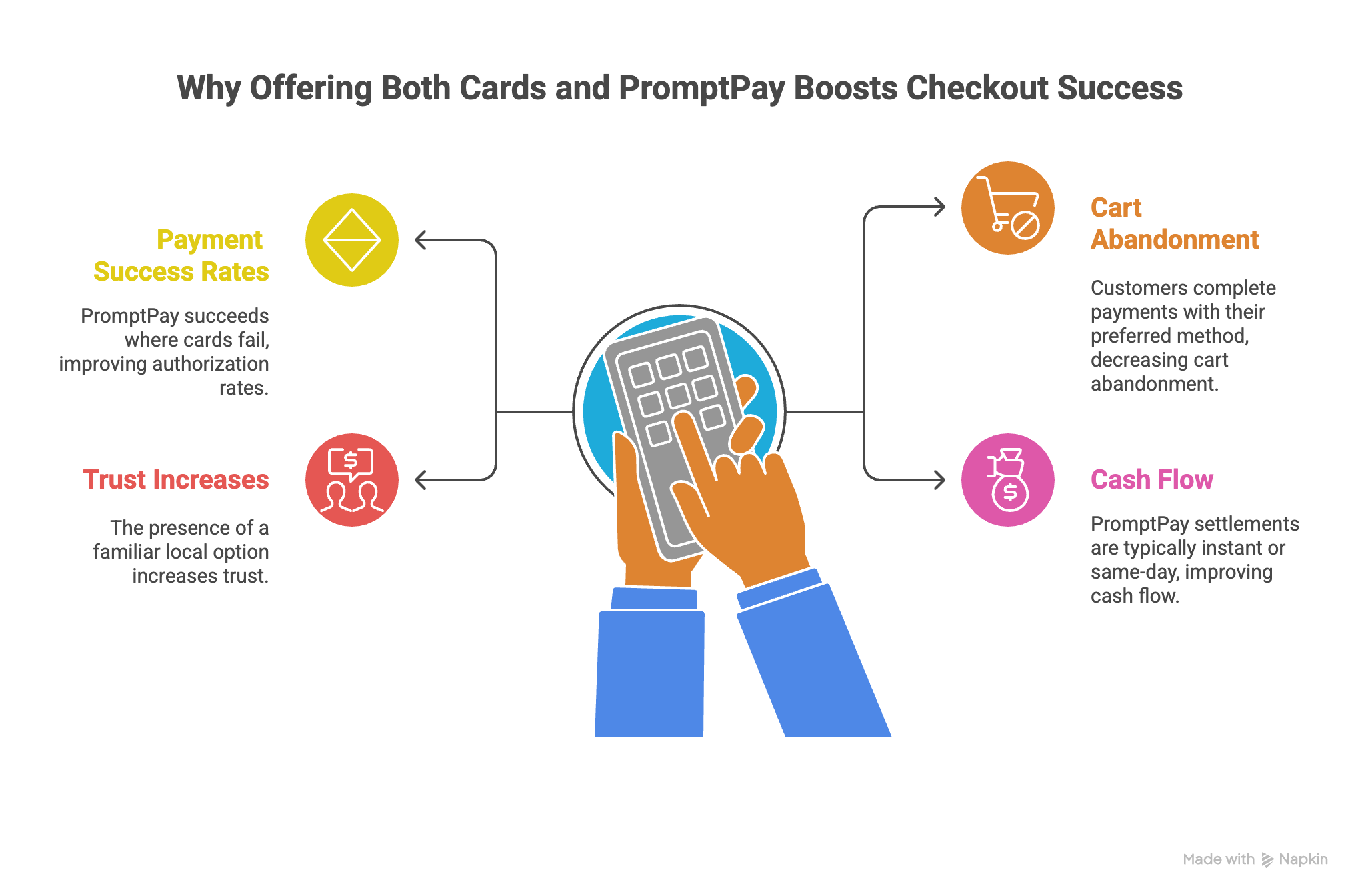Europe is one of the largest E-Commerce markets in the world, with revenue projected to reach USD$632.70B in 2024 and a projected market volume of US$977.40bn by 2029 according to predicted annual growth rates.1 This region boasts dynamic digital markets, including Germany, which ranks as the 7th largest globally after China, US and UK.2 This impressive growth is driven by the flourishing digital economies, creating an environment ripe for robust digital payment infrastructures to prosper.
Local Payment Methods in Europe play a crucial role in this growth, and one of the standout systems is Sofort, a pan-European payment service provider. Sofort is integrated into international payment gateways, facilitating cross-border payments and supporting e-commerce businesses. By leveraging online payment solutions like Sofort, merchants can offer user-friendly payment options that cater to the diverse needs of European consumers, enhancing payment security and boosting online transactions.
What Is Sofort?
Sofort is a payment service provider based in Germany that enables users to make payments using their own online banking details, with transactions processed in real-time.3 Operating in over 13 European countries, Sofort's extensive reach is powered by Klarna Kosma’s open banking PISP-based infrastructure.4 This infrastructure allows Sofort to facilitate seamless online transactions and secure online payments across different banks, making it a key player in the European payment methods landscape.
The payment process with Sofort is similar to that of Trustly, as it involves direct banking facilitated via PISPs. This method allows users from various banks to make payments effortlessly, supporting the growing need for alternative payment methods and user-friendly payment options in the region. By integrating Sofort into international payment gateways, businesses can enhance their cross-border payments capabilities and offer reliable online payment solutions to their customers.
User Trends in Sofort
The 2023 European E-commerce Report reveals that 78% of all European internet users have purchased goods and/or services this year, with the overwhelming majority of those users coming from Western Europe.5 This indicates a strong preference for local payment methods in Europe, such as Sofort, among consumers.
B2B e-commerce constitutes a significant portion of the European e-commerce market, holding a market share of approximately 63.1%. While B2B dominates, B2C e-commerce has also seen substantial growth, particularly during the pandemic, when over 87% of internet users in the region were e-shoppers in 2020. Although this number has slightly dipped to 85% this year, it still represents a robust market for online payment solutions.6 This trend underscores the importance of payment service providers like Sofort, which cater to the evolving needs of European consumers by facilitating secure online payments and enhancing online transactions.
The steady demand for user-friendly payment options and the growing preference for alternative payment methods suggest a positive outlook for Sofort’s business prospects in the region.
Benefits and Drawbacks of Using Sofort for Online Payment Gateways
While many strides in technological improvement have led to significant advancements in the online payment gateway market, none are perfect. It is crucial to consider their benefits and drawbacks before making a decision. Here are the pros and cons of using Sofort:

Benefits
- No Account Needed: Users can make payments directly from their bank account without having to create an account with Sofort, allowing for greater convenience. This feature enhances user-friendly payment options and streamlines online transactions.
- Simple and Secure: Payments made via Sofort can be conducted anywhere within Sofort-supported countries. All transactions are encrypted with 256-bit encryption and require the user to input their PIN and TAN, ensuring both simplicity and payment security. This aligns with the increasing demand for secure online payments.
- Little to No Cost: Users can make most payments with Sofort at no cost, while merchants integrating Sofort are only charged standard rates per transaction. This makes Sofort an attractive option for businesses looking to optimize their payment processing costs.
Drawbacks
- EU-only: Sofort is only available in the EU and primarily accepts Euros as the preferred currency. Additionally, only European banks are recognized by Sofort, meaning that any prospective user with a non-EU bank account needs to have an EU bank account to reap the benefits of Sofort. This limitation may impact businesses and users outside the EU looking for comprehensive cross-border payments solutions.
How Sofort Works in an International Payment Gateway
Sofort, being a pan-European payment gateway, is already an international payment gateway in some respects. It is supported in 12 countries: Austria, Belgium, Finland, France, Germany, Italy, Norway, Poland, Spain, Switzerland, The Netherlands, and the United Kingdom. This extensive connectivity enables cross-border payments and integration within international payment gateways across these major European markets.
However, this list, while comprehensive for the larger markets in each quadrant of the EU, does not cover all EU countries, nor does it include markets outside the EU. This limitation means that for transactions made outside Sofort’s supported countries, a third-party payment service provider is required as the international payment gateway to facilitate them.
This understanding of how Sofort fits within international payment gateways is crucial to optimise cross-border payments and cater to a diverse European customer base.

How Sofort Payments Work
Sofort payments normally involve the user accessing their bank account directly via Sofort and inputting their PIN and TAN to complete the checkout process. Once the user’s credentials are verified, the funds are simply transferred directly from the user’s bank account to the merchant’s account.
In the event of an international transaction outside of the EU, the buyer would first pay through the merchant’s third-party payment provider of choice, selecting Sofort as the payment method at checkout. The payment process proceeds normally until checkout is finalised. After this, the funds are transferred from the user’s bank account into the third-party payment provider’s local bank account. Subsequently, the funds are moved into the payment provider’s international accounts before being disbursed into the foreign seller’s bank account. This multi-step process ensures that secure online payments are maintained even in complex international transactions.
What are the Fees Required in Using Sofort?
Currently, there are no fees for using some of Sofort’s payment services, including the app itself and certain BNPL options. However, as Sofort functions as a payment gateway, it employs various methods and rails to process transactions. Sofort’s transaction fees typically range from €0.10 + 1-2% to €0.25 + 3.29%.
When using Sofort as a payment method through a third-party payment service provider acting as an international payment gateway, additional costs such as setup fees, FX costs, and potential hidden costs may apply. These costs can impact the overall payment processing expenses, making it essential for businesses to consider them when planning their cross-border payments strategy.
Understanding Sofort’s fee structure is crucial for businesses aiming to optimise their online payment solutions and enhance their e-commerce payments strategy. By leveraging Sofort’s cost-effective transaction methods, businesses can offer user-friendly payment options to their customers while maintaining secure online payments.
How can Tazapay Help?
To further improve your prospects in the European market, consider partnering with a robust and reliable third-party payment provider like Tazapay. We offer access to over 173 countries and are secured with 256-bit encryption, ensuring that every transaction is safe and secure. By integrating Tazapay as your international payment gateway, you can lower your transaction fees, enhance your payment processing capabilities and effectively manage cross-border payments.
Contact us to find out more
Sources
- Revenue in Europe’s eCommerce Market - Statistica
- Ecommerce Market Size by Country [2023 Update] - Oberlo
- Sell with SOFORT - SOFORT
- About us - SOFORT
- European E-Commerce Report 2023
- The eCommerce Market in Europe: Trends, Growth and Statistics - Paycec.com
FX losses occur when funds are converted prematurely or at unfavorable rates, reducing your overall revenue. These small gaps compound significantly across multiple transactions.
Virtual accounts let you collect and hold funds in the same currency without immediate conversion. You can convert or pay out later when rates are more favorable.
No. Tazapay allows businesses to open named virtual accounts in 35+ currencies without the need for local entity registration.
Tazapay supports collections in 35+ currencies and payouts in 100+ currencies through local bank rails or SWIFT.
Yes. You can initiate global payouts directly from your virtual account balances — all managed in one unified dashboard.
Tazapay operates under licenses and registrations with MAS (Singapore), FINTRAC (Canada), AUSTRAC (Australia), and VASP (Lithuania).







.png)





